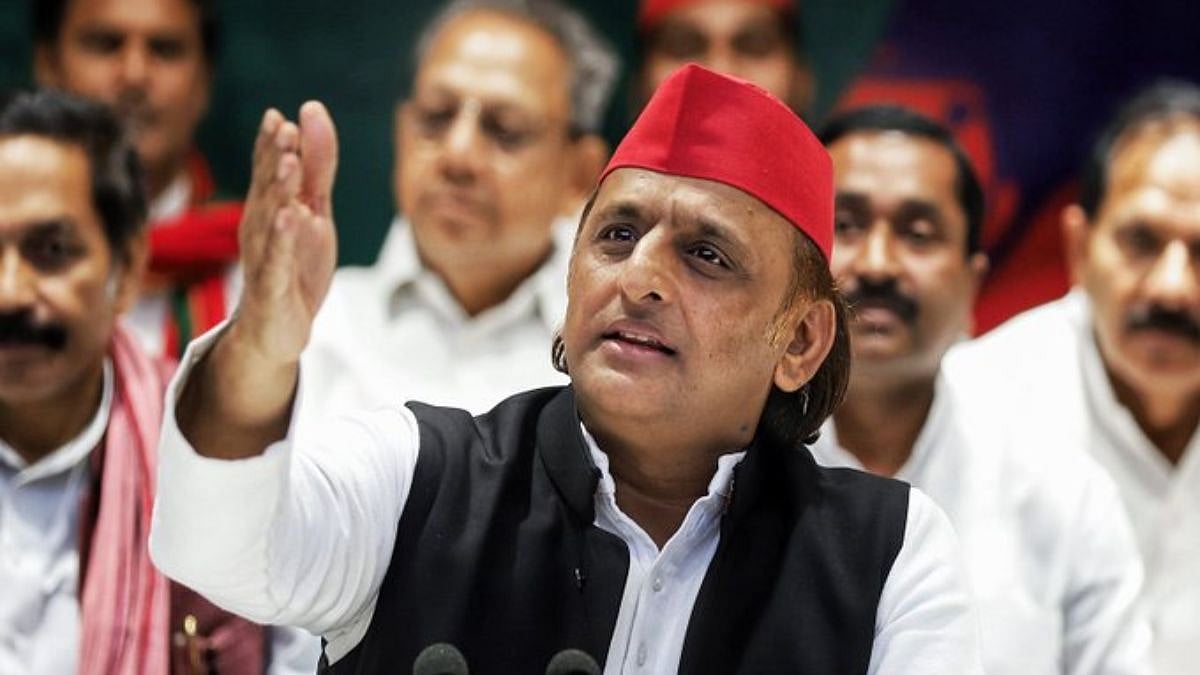Mumbai: The 5th edition of the India Clean Air Summit (ICAS), which will be held in Bengaluru from August 23 to 25, will initiate dialogues on the implications of pollution on the Sustainable Development Goals (SDGs) and Mission LiFE. The gathering also intends to align clean air goals with climate policies and discuss how democratising air pollution data can enable improved citizen science.
A unified roadmap for peace and prosperity for people and the planet, both now and in the future, is provided by the 2030 Agenda for Sustainable Development, which was endorsed by all United Nations Member States. The 17 SDGs, an urgent call to action for all nations, including India, are at its core.
Mission LiFE: Positive Change for the Environment
Whereas, the Mission LiFE initiative of the Government of India aims to combine the efforts of individuals and communities to create a massive global movement for positive behavioural change towards environment conservation.
The 3-day summit is being organised by the Centre for Air Pollution Studies (CAPS) at the Center for Study of Science, Technology and Policy (CSTEP)—one of the leading policy-research think tanks in India. ICAS 2023 aims to prioritise clean air in the SDGs and in India’s policies for alleviating climate change.
“By converging these two crucial agendas, we aspire to foster an inclusive dialogue that transcends boundaries, ensuring that clean air becomes an intrinsic part of our nation’s development trajectory,” said Dr Jai Asundi, Executive Director, CSTEP.
Key Figures at ICAS 2023
Some of the participants in the latest edition of ICAS will be NITI Aayog Member Dr V K Saraswat, Member of Parliament Gaurav Gogoi; bureaucrats from Karnataka and Uttar Pradesh governments; WHO Director Dr Maria Neira; representatives from Central as well as State Pollution Control Boards; subject experts from multiple Indian Institutes of Technology, United Nations Environment Programme, Columbia University, and Indian Institute of Tropical Meteorology; Prof. Debolina Kundu from National Institute of Urban Affairs; Centre for Policy Research Fellow Ms Shibani Ghosh; Council of Scientific & Industrial Research – National Environmental Engineering Research Institute’s (Delhi Zonal Centre) Chief Scientist Dr S K Goyal; and Dr Ravindra Khaiwal – Professor of Environment Health, Postgraduate Institute of Medical Education and Research.
Connecting Air Quality and SDGs
ICAS 2023 will put the spotlight on air pollution’s effect on various SDGs, such as those related to good health and well-being, clean and affordable energy, sustainable cities, climate action, and protecting biodiversity, as well as on collaboration and partnerships for achieving the goals.
The panellists will interact to explore how clean air and SDGs are interconnected, identify the barriers to their achievement, the ways to overcome them for better public health, and interlinkages between urban and rural policies in India to achieve clean air objectives.
Empowerment Through Public Engagement
One of the most crucial areas that will be focused on during ICAS 2023 is the role of the public to improve air quality by democratising air quality research and empowering the citizenry.
The role of urban planners is critical in achieving the SDGs; hence, one of the sessions will explore the ways to design sustainable cities and communities without deviating from the goal of developing smart cities to meet clean air targets.
“ICAS provides an avenue for new technology innovators to join this ecosystem and make valuable contributions to the cause,” said Dr Pratima Singh, Senior Research Scientist, CSTEP.






